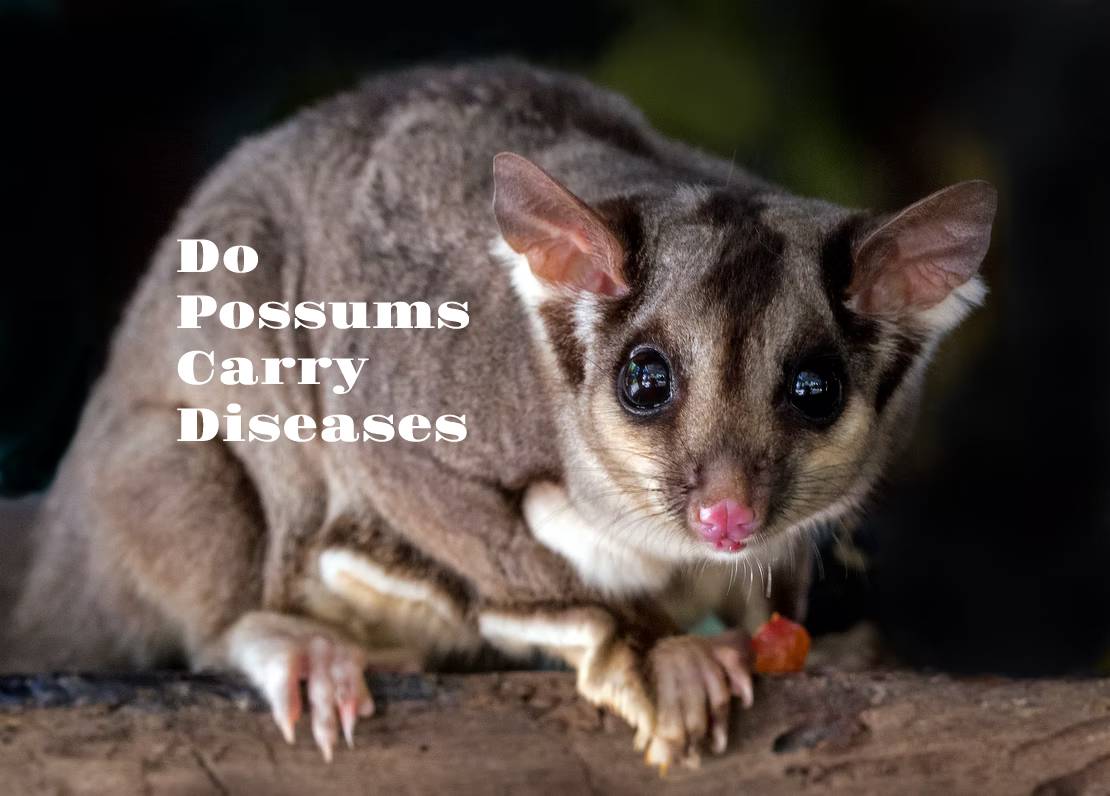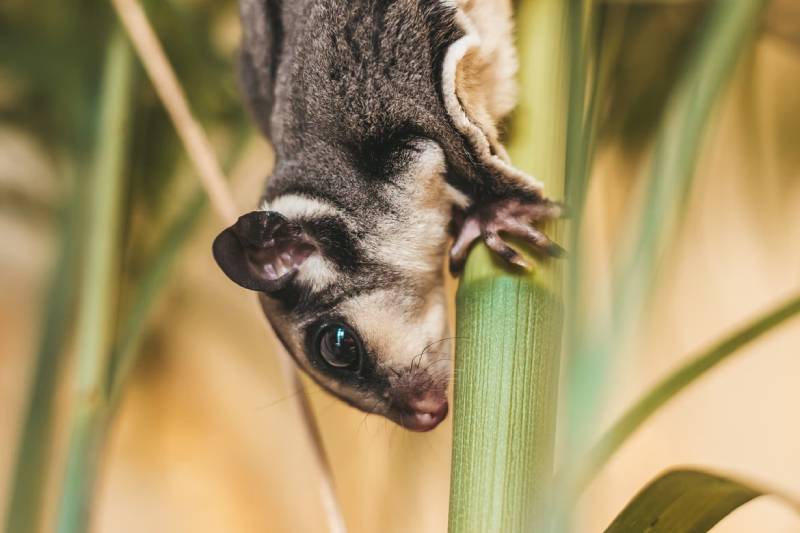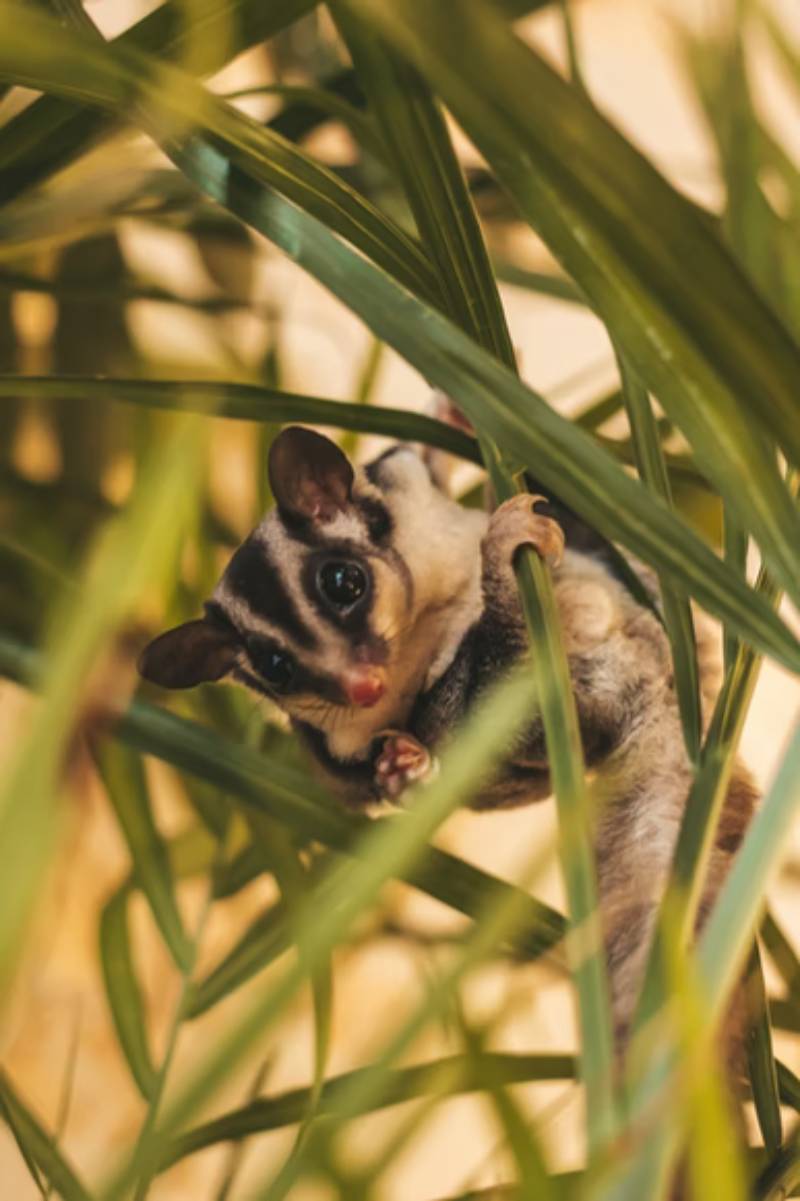
Do Possums Carry Diseases
Table of Contents
Do Possums Carry Diseases
Do Possums Carry Diseases: If you’ve recently come across a possum, more commonly known as a possum, you may be thinking of rabies. These scavengers have been known to rummage through garbage, hunt everything from snakes to mice, and hide near road victims. And who could forget his unpleasant appearance. With coarse hair, small black eyes, a pointy pink snout, and a rat’s tail, these aren’t exactly the cutest creatures to be found in the wild. But just because they appear to be part of the game does not necessarily mean that possums have rabies or may be carriers of the disease. Check out the frequently asked questions and lesser known facts below.
Do Opossums Carry Rabies?
Any mammal can get rabies, but it is extremely rare for a possum. It is believed that their low body temperature can inhibit the virus and make it difficult for them to survive. While there are some reports each year that possums carry rabies, cases in wildlife such as bats, raccoons, skunks, and foxes are more common.

Are Possums Carriers Of Disease?
Although unlikely to transmit rabies, possums can sometimes carry harmful germs and pathogens that cause diseases like leptospirosis. Transmitted through contaminated urine or other body fluids from an infected animal, this bacterial disease can affect humans and wildlife. Raccoons, skunks, deer, squirrels, and rodents can become infected without any real signs.
According to the Centers for Disease Control and Prevention, some people who get leptospirosis may not have symptoms, but others may have nonspecific flu-like symptoms that usually go away without medical treatment. Sometimes, however, symptoms return and can lead to more serious illness. To prevent the spread of leptospirosis from wildlife, avoid swallowing water in lakes, rivers, or swamps, and avoid environments potentially contaminated with animal urine.
Do possums bite?
Like any frightened animal, possums can bite in defense. If they feel cornered or threatened, possums will employ various escape strategies ranging from pretending to be dead to whistling. Bites are rare, but people should avoid contact with wild animals to eliminate the risk.

What are the signs of a rabid possum?
According to the Centers for Disease Control and Prevention, the signs of a rabid possum are essentially the same in all animals. Early symptoms may include fever, vomiting, lethargy, and a lack of interest in eating. Within a few days, signs usually progress to cranial nerve dysfunction, brain dysfunction, seizures, weakness, paralysis, difficulty breathing and swallowing, abnormal behavior, aggression and / or self-injury, and excessive salivation.
Is the hissing a sign of a rabid possum?
Whistling is a defense mechanism, not a rabid possum sign. Fortunately, these marsupials are not aggressive unless cornered, but they have developed evasion strategies when threatened. In an attempt to repel predators, possums may hiss, bark teeth, growl, and emit an unpleasant odor.
It doesn’t matter if a possum has rabies, it can be a nuisance. If you need help removing possums from your property, contact a Terminix® professional to schedule a free inspection today.
Also Read: diseases that mimic polymyalgia rheumatica


